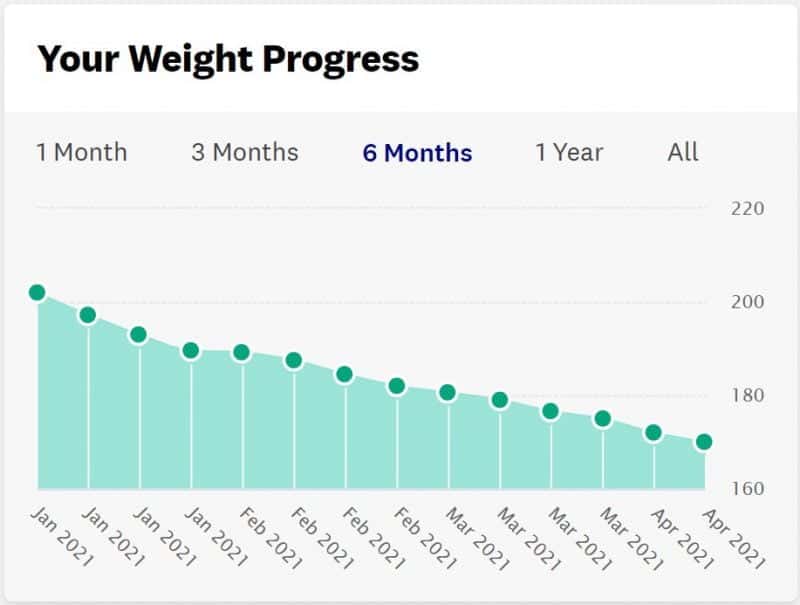Making life improvements is sort of like getting into a pool when you know the water is going to be cold. You can either ease into the shallow end or jump into the deep end.
We all know of course that just jumping into the pool is going to be less painful in the long run, but many of us go to that shallow end anyway. Why? I have no idea. Someone should do a study on that.
In regards to weight loss, people are the same way. A few go in hard and committed, but most decide to just start easing in the right direction. For example, they might say things like this:
* I will start by cutting soda out of my diet.
* I will stop eating after 8:00 pm.
* I will start cutting back on carbs.
* I will start taking my lunch to work instead of going out.
* I will start walking two miles every night after dinner.
These are all great things to do, but here is something important to know:
While you can possibly maintain your current weight with small adjustments to your lifestyle, you have to do something more radical to actually start losing weight in a meaningful way.
Let’s consider why this is true. Though there are many factors at play and while I run the risk of oversimplifying things, losing a pound of fat requires you to create a deficiency of somewhere around 3,000 calories.
Here is an example. Let’s say that you are burning 2200 calories a day and eating 2200 calories a day. In that case, you will be maintaining your weight. Now, if you choose to make a modest improvement to your lifestyle, you can begin creating a calorie deficiency, but probably only a few hundred calories per day at most.
In that scenario, you would lose weight, but only a pound or two a month.
The more likely scenario is even worse. If you are worried about your weight, you are probably at a point where you have a daily surplus of calories and are slowly gaining weight. In that scenario, simply making small adjustments may at best stop the weight gain and at worse, just slow it down.
The bigger problem though is not the weight loss itself. It is the psychology involved: the discouragement of trying to make sacrifices and seeing no results. If you are sacrificing without results, your lifestyle improvements will not last long. You will give up.
My suggestion is to stop playing around and jump in the deep end of the pool. Get your weight loss done by creating a significant calorie deficiency. If you can start eating 600 calories less than you burn each day, you will start losing a pound every 4-5 days and hit a healthy target of 1-2 pounds/week.
Seeing those kinds of results will keep you going. And more importantly, once you start seeing results, you can start to see a finish line. You will not have to do this for the rest of your life. In my case, it took me about 4 months to lose 30 pounds. At that point, I resumed a fairly normal diet with modest improvements that allow me to avoid calorie surplusses and weight gain.
I should say that creating too big of a calorie deficiency is not healthy either. In fact, if you don’t eat enough to maintain your muscle mass, this will all boomerang on you. Almost every credible health professional says that you should be targetting a weight loss goal of just a few pounds a week at most. Shoot for that reduction of 500-600 calories a day.
Next week, we will get more into how to get this calorie deficiency set up. Keep working on your list of unhealthy foods you are willing to eliminate and healthy foods you enjoy eating.











